Perfume: A Symphony of Scents for Men and Women
Introduction:
In the realm of personal grooming and expression, perfume holds a place of profound significance. It is an olfactory masterpiece that transcends mere aesthetics, serving as a personal statement, an extension of one’s personality, and an evocative storyteller of memories and emotions. Perfume has the power to elevate moods, boost confidence, and leave a lasting impression, making it an integral part of the human experience.
The Alluring History of Perfume:
The history of perfume is an enchanting tale that spans civilizations and cultures. Its origins can be traced back to ancient Egypt, where scented oils and unguents were used for religious ceremonies, personal adornment, and medicinal purposes. The ancient Egyptians believed that the gods were attracted to fragrant offerings, and they used perfume as a way to communicate with the divine.
Over time, the art of perfumery spread throughout the Mediterranean region, reaching Greece, Rome, and Persia. The Romans, known for their elaborate bathing rituals, incorporated scented oils and perfumes into their daily routines, believing that fragrance was essential for maintaining good health and hygiene.
During the Middle Ages, perfume took on a more spiritual significance. In Europe, the use of perfume was associated with religious practices and the nobility. The Renaissance witnessed a renewed interest in perfume, with Italy emerging as a hub of perfumery. The Italian city-states of Florence and Venice became renowned for their exquisite fragrances, which were exported throughout Europe.
The 19th century marked a significant turning point in the history of perfume.
Today, perfume is a global industry worth billions of dollars. It is used by people of all ages, genders, and backgrounds, serving as a powerful tool for personal expression and self-confidence.
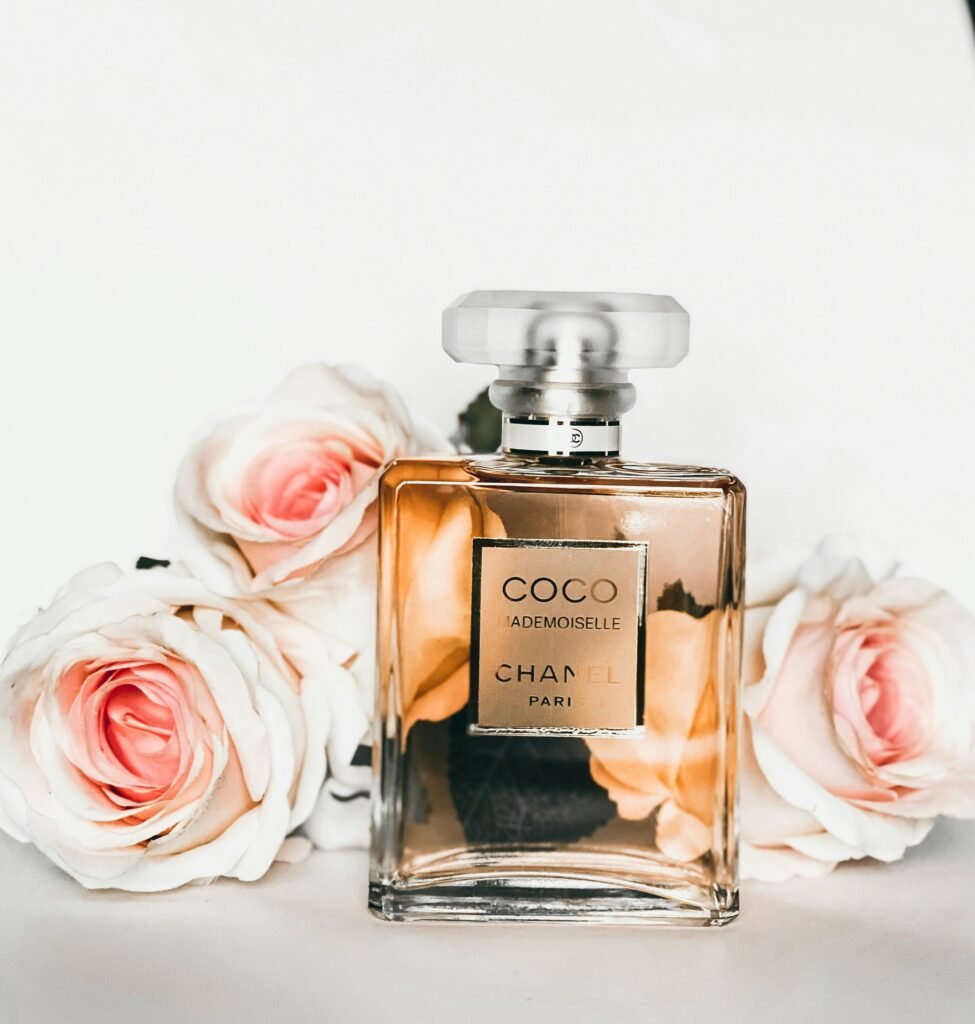
Understanding the Art of Fragrance Selection:
Navigating the world of perfume can be overwhelming, given the sheer variety of scents available. To make informed choices, it is essential to understand the different fragrance families and their characteristics.
- Floral: Floral fragrances are inspired by the scents of flowers. They are typically light, fresh, and feminine. Popular floral notes include rose, jasmine, lavender, and lily of the valley.
- Oriental: Oriental fragrances are rich, warm, and sensual. They often contain notes of amber, vanilla, musk, and spices. Popular oriental scents include Opium by Yves Saint Laurent and Shalimar by Guerlain.
- Woody: Woody fragrances are characterized by their warm, earthy, and masculine notes. Common woody notes include sandalwood, cedar, vetiver, and patchouli. Popular woody scents include Terre d’Hermès by Hermès and Bleu de Chanel by Chanel.
- Citrus: Citrus fragrances are bright, uplifting, and refreshing. They often contain notes of lemon, orange, grapefruit, and bergamot. Popular citrus scents include Eau de Cologne by 4711 and Light Blue by Dolce & Gabbana.
- Chypre: Chypre fragrances are complex and sophisticated. They typically contain notes of bergamot, oakmoss, patchouli, and labdanum. Popular chypre scents include Mitsouko by Guerlain and Miss Dior by Christian Dior.
In addition to the fragrance family, it is also important to consider the concentration of the perfume. Perfume is typically available in four concentrations:
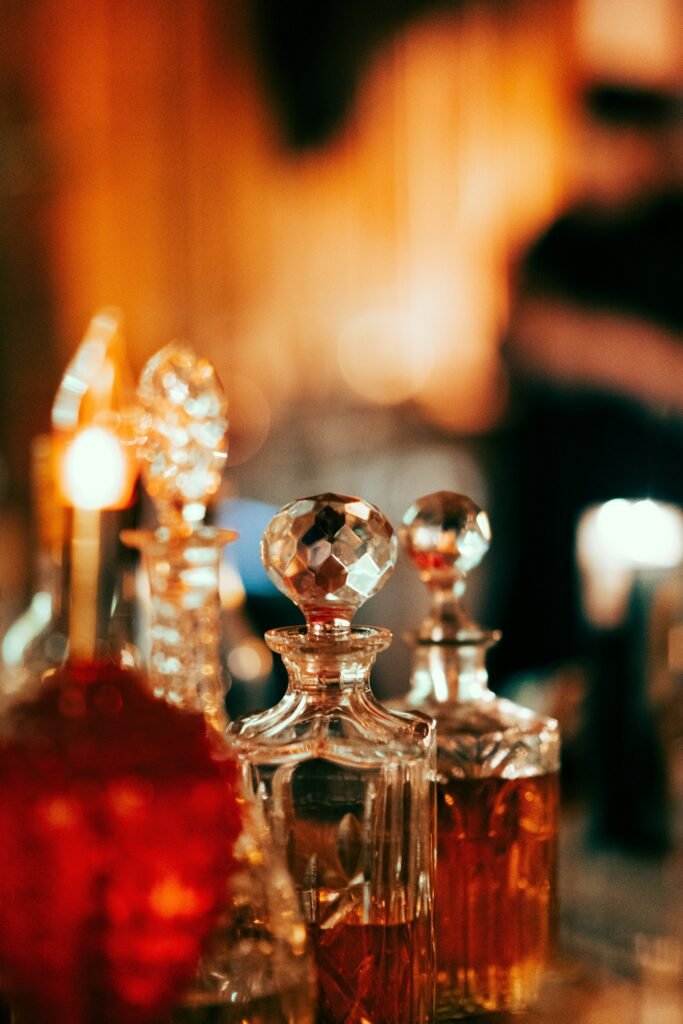
- Parfum: Parfum is the most concentrated form of perfume, containing between 15% and 40% fragrance oil. It is the most expensive and long-lasting type of perfume.
- Eau de Parfum (EDP): Eau de Parfum contains between 10% and 15% fragrance oil. It is less concentrated than parfum but still provides good longevity and sillage.
- Eau de Toilette (EDT): Eau de Toilette contains between 5% and 10% fragrance oil.
- Eau de Cologne (EDC): Eau de Cologne contains between 2% and 5% fragrance oil. It is the lightest and least expensive type of perfume, providing a refreshing and subtle scent.
When selecting a perfume, it is important to consider your personal preferences, lifestyle, and the occasion. For example, a light, floral scent may be suitable for everyday wear, while a more intense, oriental fragrance may be better suited for a special occasion. It is also important to test the perfume on your skin before purchasing it, as the scent can react differently on different individuals.
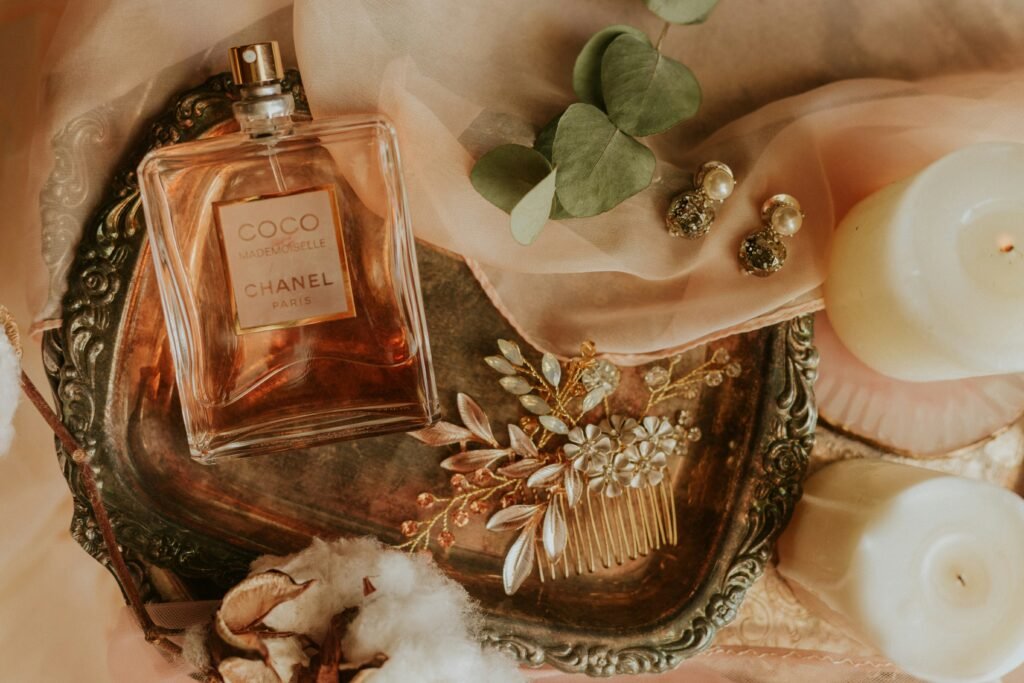
When, Where, and How to Wear Perfume:
The art of wearing perfume is both an expression of personal style and a matter of etiquette. Here are some guidelines to help you make the most of your fragrance:
When to Wear Perfume:
- Morning: Apply perfume in the morning after showering or bathing. This will help the fragrance last longer throughout the day.
- Special Occasions: Perfume can be worn for special occasions such as weddings, parties, and date nights. Choose a fragrance that matches the tone of the event.
- Work: When wearing perfume to work, opt for a light, unobtrusive scent that won’t be overpowering to your colleagues.
Where to Apply Perfume:
- Pulse Points: Apply perfume to your pulse points, which are the areas where your body heat is highest. These include the wrists, neck, and behind the ears.
- Clothing: You can also spray perfume onto your clothing, but be careful not to stain delicate fabrics.
- Hair: Perfume can be applied to the hair, but avoid spraying it directly onto the roots. This can weigh down your hair and make it look greasy.
How to Apply Perfume:
- Don’t rub the perfume: Rubbing the perfume will break down the fragrance molecules and make the scent less intense.
- Start with a small amount: A little bit of perfume goes a long way. Start with a small amount and add more if needed.
- Don’t overdo it: Too much perfume can be overwhelming and even offensive to others. Be mindful of the amount of perfume you apply.
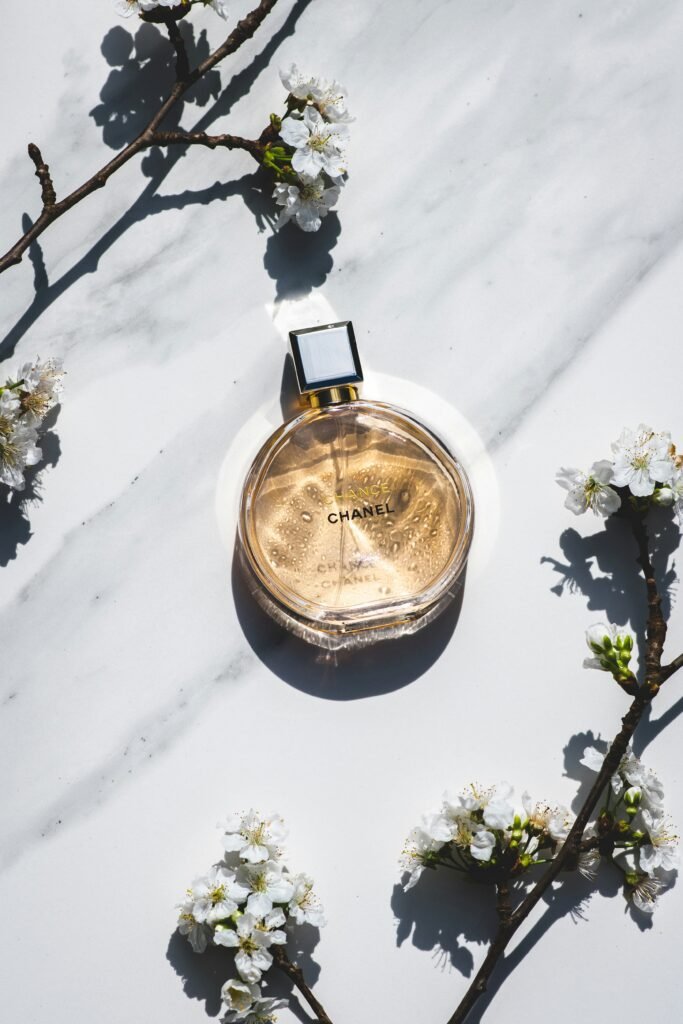
Conclusion:
Its ability to evoke emotions, enhance moods, and create lasting memories makes it an integral part of the human experience. By understanding the history of perfume, the art of fragrance selection, and the etiquette of wearing perfume, you can elevate your personal style and make a lasting impression wherever you go.
FAQ’s Scents for Men and Women
1. What are the different types of scents?
Scents are typically classified into four main categories:
- Floral: These scents are light and airy, and often feature notes of flowers such as rose, jasmine, and lavender.
- Fresh: These scents are clean and invigorating, and often feature notes of citrus, cucumber, and mint.
- Woody: These scents are warm and earthy, and often feature notes of sandalwood, cedar, and patchouli.
- Oriental: These scents are rich and exotic, and often feature notes of amber, musk, and vanilla.
2. How do I choose the right scent for me?
The best way to choose a scent is to try it on your skin and see how it smells. You should also consider the following factors:
- Your personality: Some scents are more suited to certain personalities than others. For example, a confident and outgoing person might prefer a bold and assertive scent, while a shy and reserved person might prefer a more subtle and delicate scent.
- Your lifestyle: Your lifestyle can also play a role in choosing a scent. For example, if you work in a professional setting, you might want to choose a more conservative scent, while if you have a more casual lifestyle, you might be able to get away with a more playful or adventurous scent.
- The occasion: The occasion can also be a factor in choosing a scent. For example, you might want to wear a different scent for a job interview than you would for a night out with friends.
3. How do I apply scent correctly?
There are a few different ways to apply scent, but the most common is to spray it on your pulse points. Pulse points are areas where your blood vessels are close to the surface of your skin, which helps to project the scent. Common pulse points include your wrists, neck, and behind your ears.
4. How long does scent last?
The longevity of a scent depends on a number of factors, including the concentration of the scent, the type of scent, and your skin chemistry.
5. How do I store scent properly?
To keep your scent fresh, you should store it in a cool, dark place. Avoid storing it in direct sunlight or in a humid environment.
6. What are some common scent mistakes?
Some common scent mistakes include:
- Wearing too much scent: A little bit of scent goes a long way. If you wear too much, it can be overpowering and unpleasant.
- Applying scent to your clothes: Scent is designed to be worn on your skin, not your clothes. Applying it to your clothes can damage the fabric and make the scent less effective.
- Not layering your scents: Layering your scents can create a more complex and interesting fragrance.
- Not considering the occasion: The occasion can be a factor in choosing a scent.
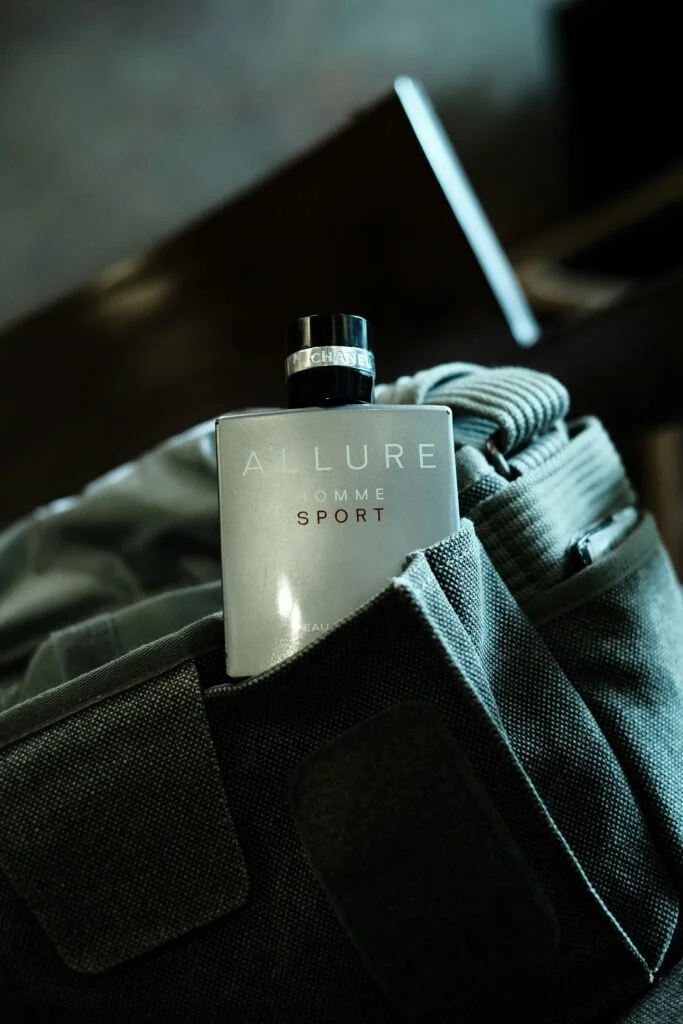













Post Comment